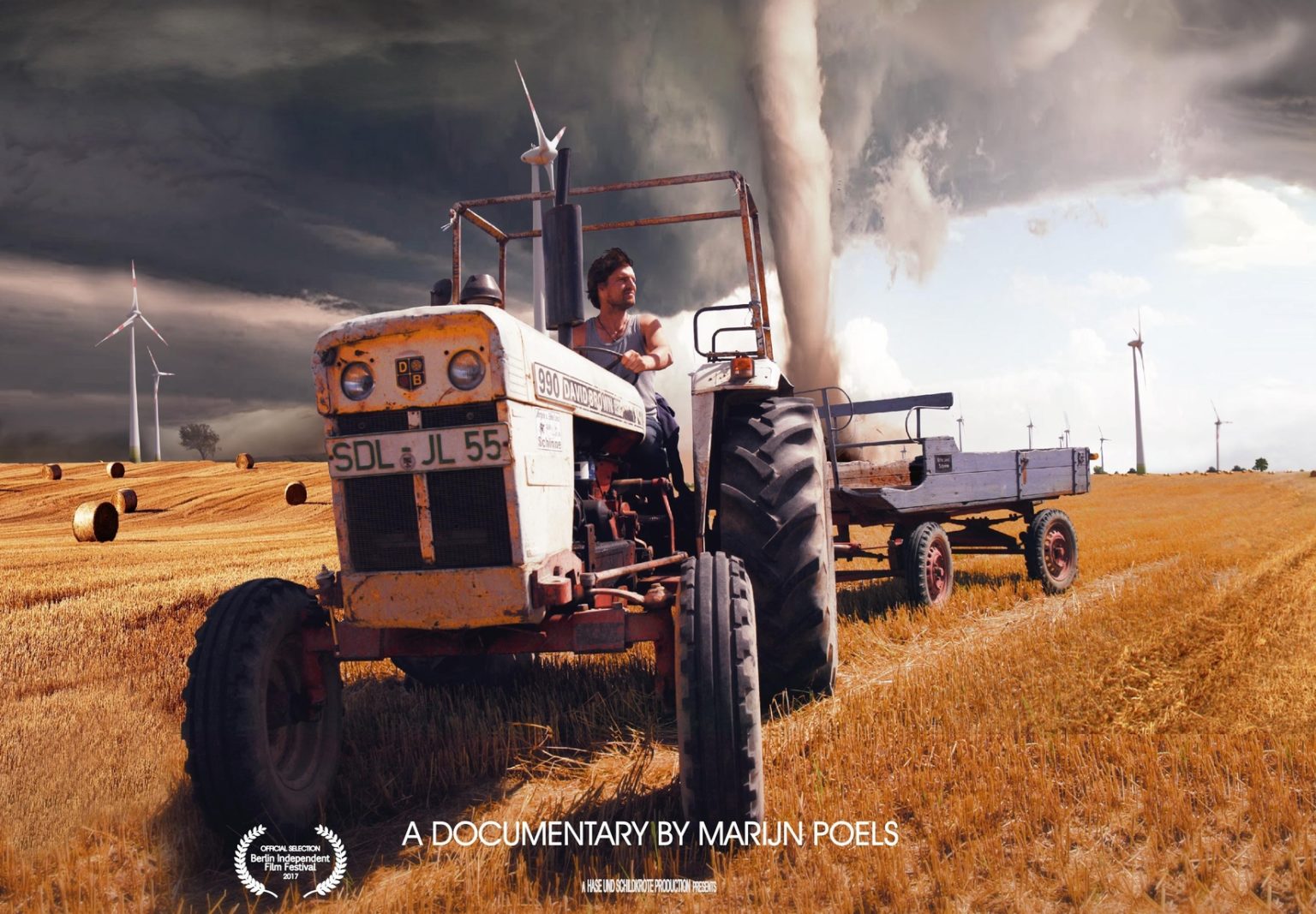As I stood among 50 or so old white men wearing suits in a private suite on the 10th floor of an elaborate glass building in central London, it is not long before I am approached by a member of the audience who wants to know how I heard about the event.
I was one of only a handful of women, probably the only person there under the age of 35. I was clearly not their usual attendee.
I was there to see The Uncertainty Has Settled, a documentary by self-labelled left-wing filmmaker and journalist Marijn Poels. The event was hosted by The Global Warming Policy Foundation (GWPF), an organisation that rejects the science of climate change.
Set in the idyllic Austrian mountains, the documentary follows Poels as he interviews local farmers who are struggling to make ends meet. In the film, there is resentment towards EU regulations and policy that farmers blame for altering produce demand, as well as a glorification of the “good old days” of more traditional farming.
A scene in the film that shows a montage of speeches from world leaders including former US President Barack Obama and German Chancellor Angela Merkel discussing the need for action on climate change was met with muttering, head shaking and tutting from the audience.
The film focuses heavily on endearing interviews with Austrian farmers who, because of EU regulations on farming traditional livestock such as cows as well as subsidies for renewable energy, are now reluctantly growing crops such as rapeseed for biogas.
One scene in particular, where a younger farmer gives an impassioned speech on how he feels society has chosen to protect the environment over normal hardworking people such as himself, mirrors much of the GWPF’s agenda. The argument resonates strongly with its views that actions by an elite force done in the name of “environmental protection” are bad news.
But Poels’ confused expression throughout the film, and genuine shock when he learns about climate change denial theories during interviews with scientists, only adds to the strangeness of the event. Panoramic shots of wind turbines are a near constant background throughout the film, much to the annoyance of both the film’s interviewees and the audience members.
Rabble Rousing
After the screening, GWPF director Benny Peiser welcomes Poels to the stage to answer questions from the audience. He knows the film will have gone down well.
One audience member proudly told the room he took every chance he could, including stopping strangers at bus stops, to convince others that the amount of carbon dioxide in our atmosphere is not enough to change the planet’s temperature.
Another man, who introduced himself as a member of the European Parliament, announced that he had recently signed a letter to Donald Trump urging him to follow through with his promise to pull out of the Paris climate agreement — though his input may get somewhat drowned out by the administration’s internal squabbles over the issue.
During the Q&A session, it became clear that this was more than a debate about the science of climate change. It was a discussion about left-wing versus right-wing ideology and overall a competition about which “side” of the debate was doing the most good for humankind.
Two separate audience members suggested that it was wrong for politicians to heed to activists’ calls and spend so much money on preventing the impacts of climate change. One audience member called this mainstream acceptance of manmade climate change “wicked”, and suggested that the money should instead be spent on helping developing countries in Africa — somewhat disregarding evidence that climate change will be disastrous for many areas of the continent.
Poels, in contrast, who frequently reminded the audience both during the film and the Q&A session that his politics are left-leaning, claimed that the rejection of debate on climate change in the mainstream science community is raising populism and encouraging a far right narrative.
Confuse the Young
After speaking to climate science denialists throughout the film, Poels remains unsure whether he fully accepts the science of climate change or not, but aims to raise questions about the credibility of those positions.
His suggestion that confusion is the most common response to his recent work prompts the final question of the evening from a middle aged man on the back row. He says: “It’s just a hunch but I think you’ve got it absolutely right for your generation and younger. This is how to get inside the modern people.”
And so ends a confusing night. Poels — who mostly trusts climate change science — had his film screened to an echo chamber of people that evidently deny climate change is a problem. A somewhat appropriate outcome from an event organised by a group whose main aim is to confuse the debate.
Main image credit: Martin Poels via Wikimedia Commons CC BY–SA 4.0
Subscribe to our newsletter
Stay up to date with DeSmog news and alerts






